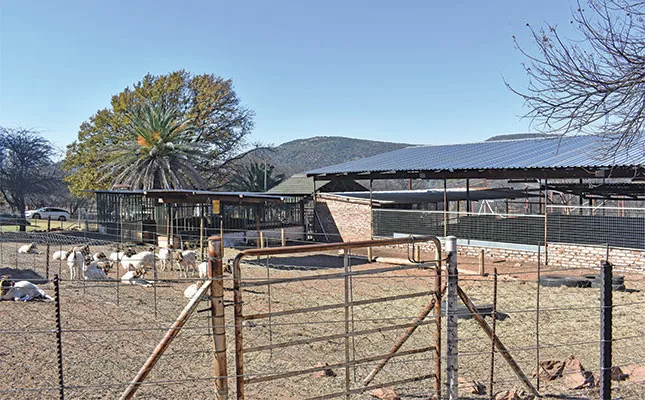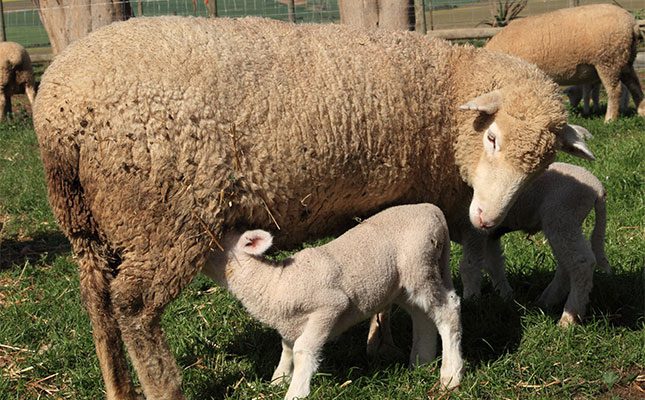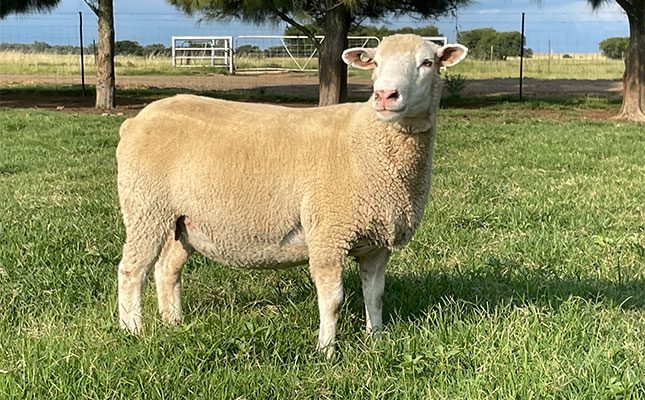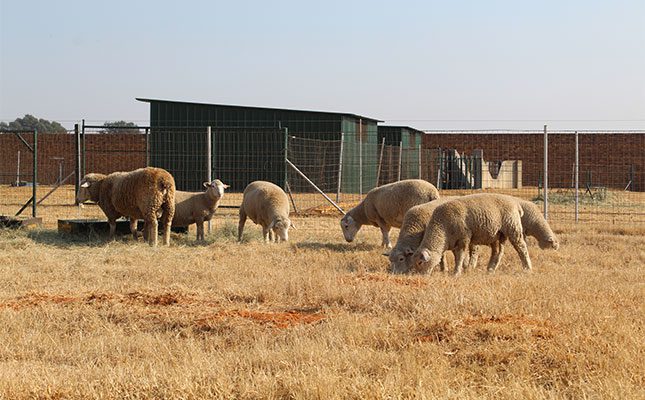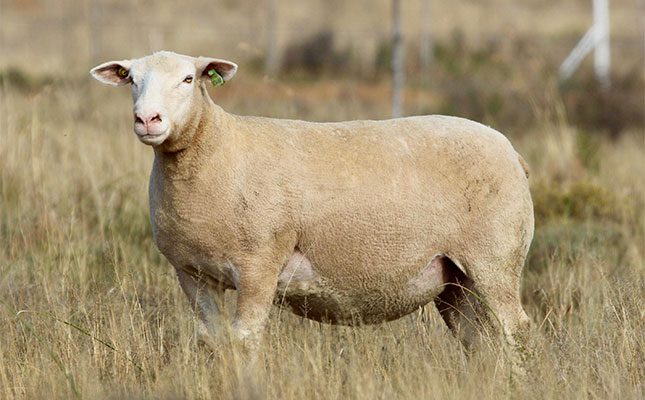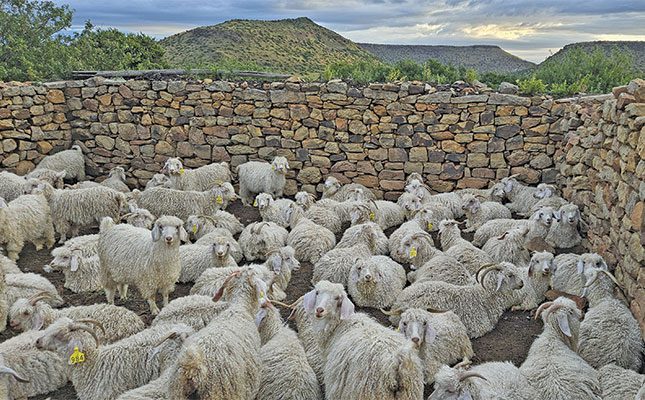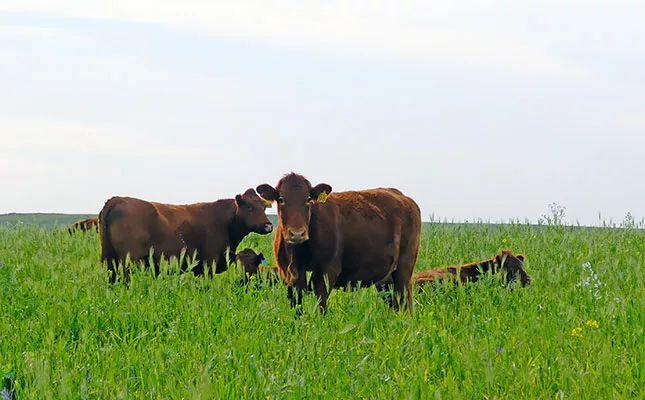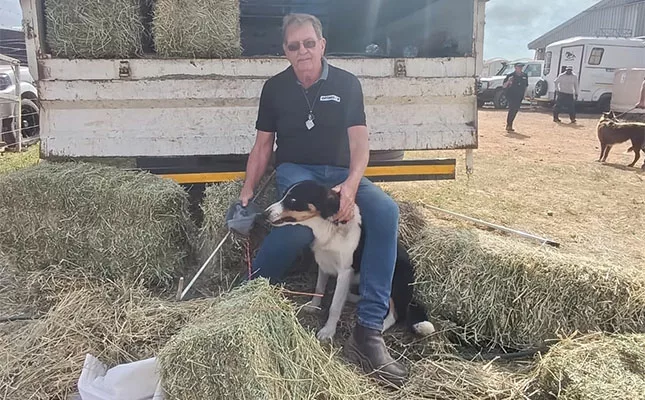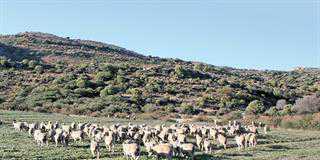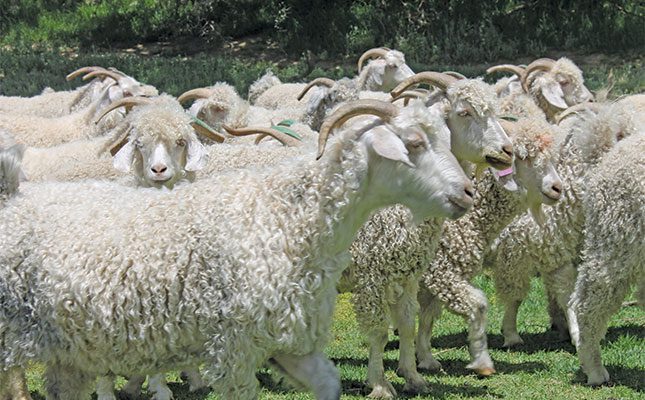
Photo: Octavia Avesca Spandiel
Doornrivier Farm, located in Somerset East in the Eastern Cape, is a shining example of resilience, determination, and the power of collaboration in South Africa’s agriculture sector.
Owned and managed by the three Fani brothers – Simphiwe, Thembinkosi, and Linda – the farm has grown from humble beginnings to a prosperous livestock business.
Simphiwe says their journey into farming began in their youth. Raised in a rural community, they spent their early years looking after their father’s cattle in communal grazing areas.
“We inherited the farming story from our father. The hands-on experience with livestock management instilled in us a deep understanding of farming, even before we acquired formal training,” he adds.
Even with their strong agricultural foundation, the brothers had to overcome significant barriers to establish their own farming business. In an effort to expand their cattle numbers, they began purchasing additional livestock.
“However, without adequate land, our expansion efforts were constrained. Recognising the need for private ownership, our father played a pivotal role in advocating for government support for us to acquire farmland,” says Simphiwe.
Through South Africa’s land redistribution initiatives, the brothers were selected to occupy a farm, marking a critical turning point in their journey.
“My father was involved in fighting with government to buy that farm. We were fortunate enough to be among the selected farmers to occupy the land,” he explains.
The brothers were initially allocated grazing camps on the farm Kokaskra in Somerset East. However, disputes with other farmers over grazing rights soon erupted, making it difficult for the brothers to operate peacefully.
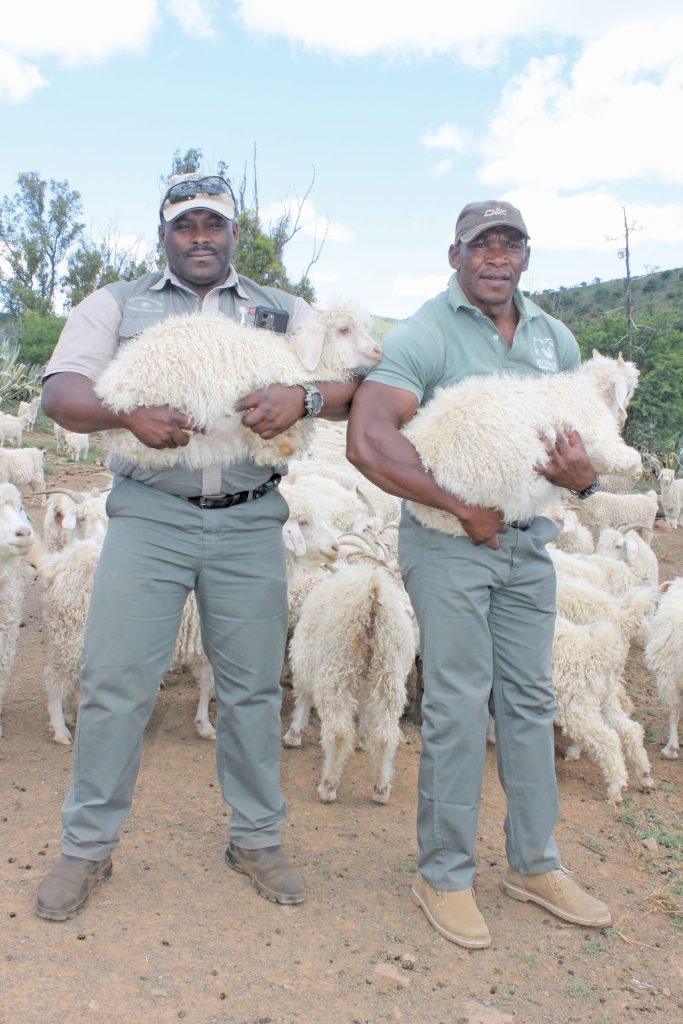
Move to a new farm
As a result, the then Department of Agriculture, Land Reform and Rural Development intervened and facilitated the Fani brothers’ relocation to the roughly 4 500ha Doornrivier Farm in 2013. However, this move came with its own challenges, as they had to walk their 83 head of cattle for 21km to the new farm.
Upon arrival, they discovered that the farm’s infrastructure was in a state of disrepair.
“We found that the fences were dilapidated. There was no secure camp for the animals. We offloaded them at night, and by morning, they had wandered off through broken fences,” says Simphiwe.
Faced with inadequate infrastructure, the brothers had no choice but to begin repairs using their own limited funds.
A strarategic partnership
Recognising the need for additional support, the brothers sought out partnerships to improve their farming operations. In 2015, they joined the Mohair Empowerment Trust (MET), a collaboration that significantly altered the trajectory of their business. The MET offered the brothers an interest-free loan of R1 million to be paid back over five years.
“The partnership with the MET shifted our farming practice. MET facilitated access to training and resources that enabled us to diversify our farming enterprise beyond cattle,” says Simphiwe.
Through the MET, they were introduced to Angora goat farming, which would later become a critical part of their operation. The arrangement with the trust enabled the brothers to acquire 1 000 Angora goats under a profit-sharing agreement.
Initially, the MET took 25% of the sales revenue. However, determined to gain full ownership of the goats, the brothers worked tirelessly to pay off the investment.
“We changed this agreement by giving [the MET] 75% and only taking 25% for ourselves, so we [paid back] that R1 million within three years,” says Simphiwe.
Beyond financial support, the partnership with the MET also provided crucial training opportunities. Simphiwe attended courses in mohair classification and leadership development, further strengthening their business acumen.
Thembinkosi says: “It was a loan, not a giveaway. At first, there was disbelief [from the MET], but we reassured them by pointing out that we had other commodities – cattle and sheep – so we could manage. We finished paying off the R1 million within three years because we wanted to be the sole owners of [the goats].”
Their strategic financial planning allowed them to reinvest in their farming operations while securing long-term ownership of their livestock. The rapid repayment strategy highlights their commitment to self-sufficiency.
Despite their progress, the brothers continued to face infrastructure challenges. The farm had 11 boreholes, but none were operational, limiting their access to water.
“The first borehole cost us R12 000 to fix, so you can imagine the money that went into all 11. Over time, we managed to repair the essential ones, securing access to water for our livestock,” says Simphiwe.
Fencing remained a persistent issue. With significant investment, they gradually repaired and replaced fencing, improving security for their animals and ensuring controlled grazing patterns to maintain pasture quality.
Sustainable practices and expanding sheep production
With improved infrastructure and an established mohair production line, the Fani brothers expanded further in 2016. They scaled up their sheep concern to over 3 000 animals, optimising their livestock mix to maximise profitability.
Today, the farm’s cattle, sheep and Angora goats are strategically managed to ensure sustainable production.
International recognition and plans for the future
As their business has grown, so has their reputation. In 2024, Simphiwe was invited to represent the MET at the Textile Exchange Conference in Pasadena, California.
This international platform provided him with an opportunity to share the brothers’ story, highlight the role of emerging black farmers in the mohair industry, and network with global industry leaders.
“Representing the MET was a proud moment. It was an opportunity to share our journey and the impact of sustainable farming,” says Simphiwe.
Looking ahead, the Fani brothers have ambitious plans for Doornrivier Farm. Their primary focus is on further infrastructure development, increasing livestock numbers, and expanding into value-added agricultural products.
They also aim to establish mentorship programmes to support other emerging farmers in the region, sharing their knowledge and experiences to help others overcome similar challenges.
“Farming is not easy, but if you commit yourself [to it], you can build something valuable for future generations,” says Simphiwe.
Recently, the farm received new equipment through a partnership with the Eastern Cape Development Corporation.
“We received shearing machines and a scale, which are crucial for our operations,” adds Simphiwe.
According to Thembinkosi, the acquisition of the scale was particularly significant: “When you shear your goats, you want to weigh them while the product is still on the farm. You don’t want to take your product elsewhere and be told a weight that you can’t verify. Now, we can weigh our product before it leaves the farm, ensuring accuracy and transparency.”
Value of farmworkers and community development
Beyond their personal success, the Fani brothers deeply value their farmworkers, recognising them as integral to their achievements.
“The guys we employ here are our pillars of strength. We can’t do without them; they are like family to us. We share everything with them, and we always try to help them build their own futures,” explains Thembinkosi.
The brothers take active steps to support their workers’ families, even assisting with school fees. “We don’t want to see them struggling. If one of them, one day, can go out and own his own farm and say, ‘I learned from them,’ that’s what we are looking for,” he adds.
Their approach to farming extends beyond making a profit; they strive to uplift those around them, fostering growth and sustainability for future generations. With a strong foundation, the Fani brothers are well positioned for continued success.
Their ability to navigate financial challenges, embrace training opportunities and invest in their workforce sets an example for other emerging farmers in South Africa.
“This journey has been about growth, learning and perseverance. We are committed to building a sustainable farming enterprise that benefits not just us, but the broader community as well,” says Simphiwe.
For more info email Simphiwe Fani at [email protected].

